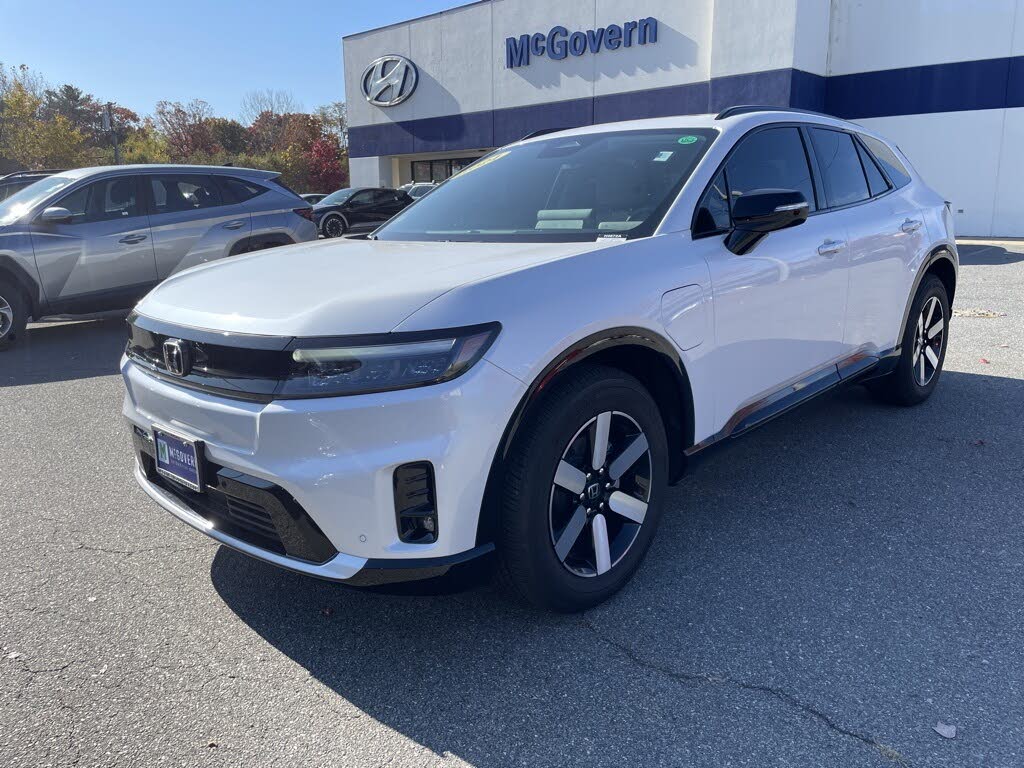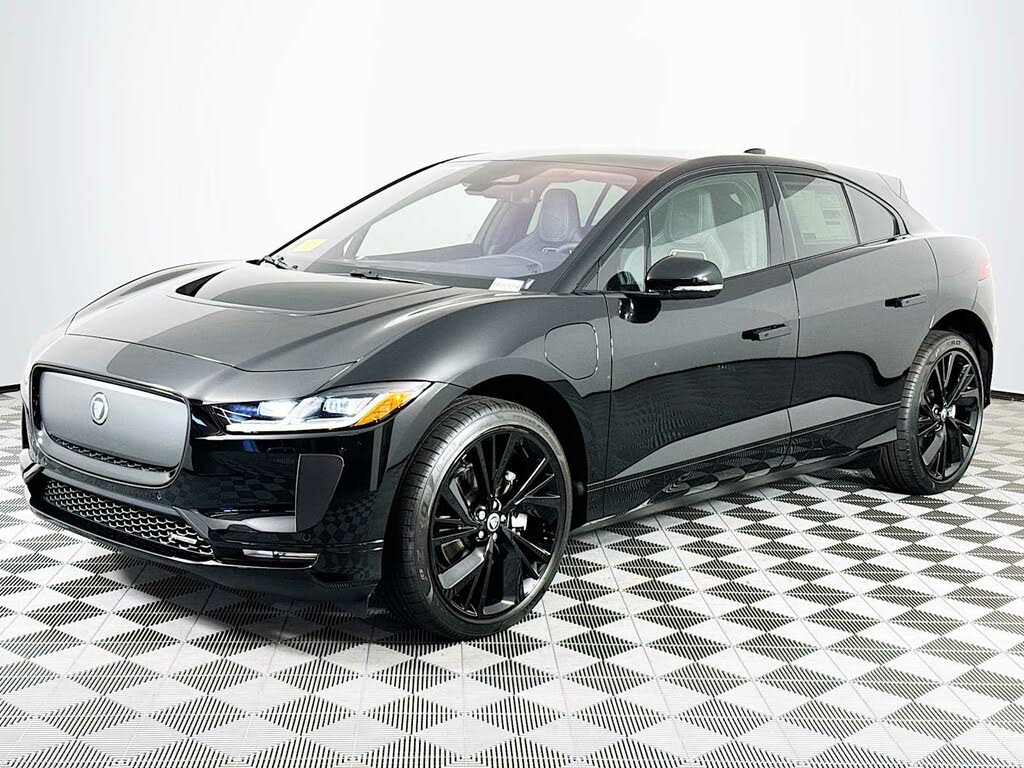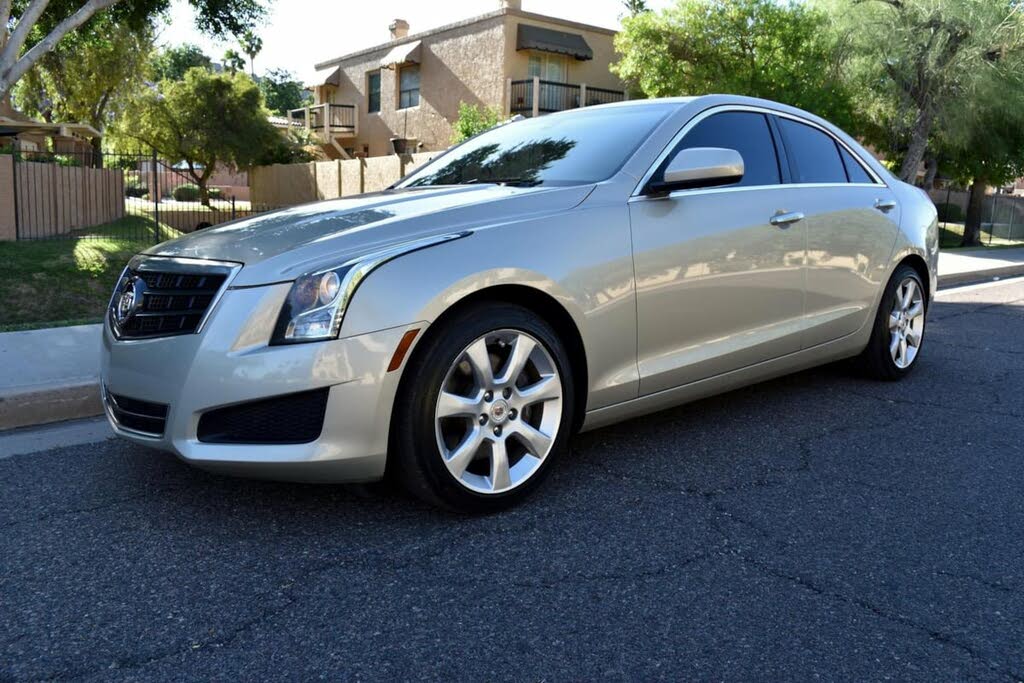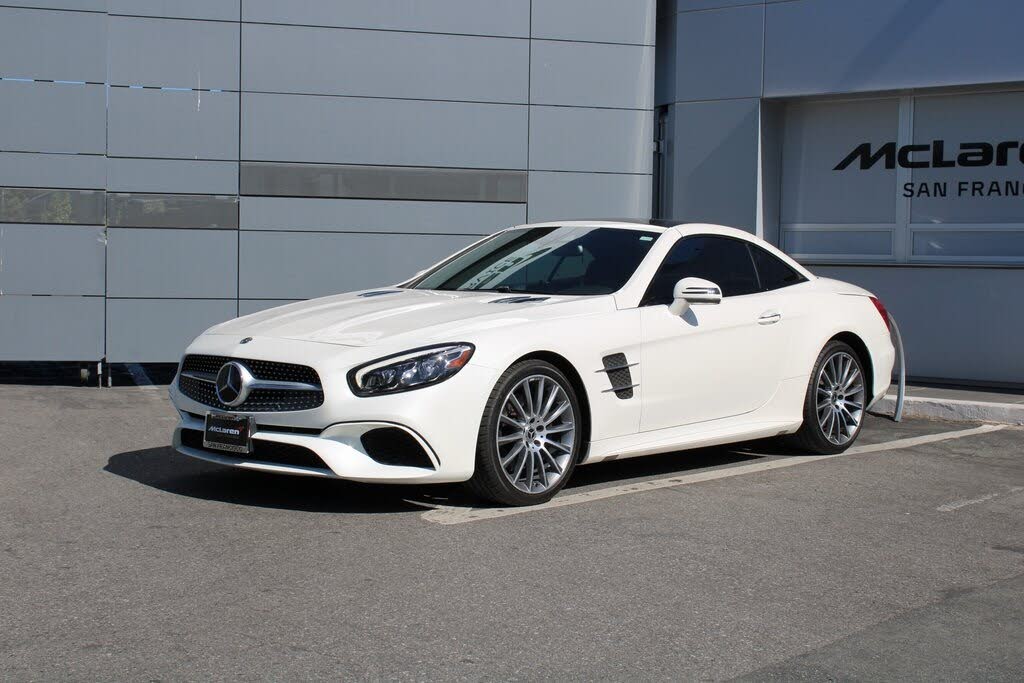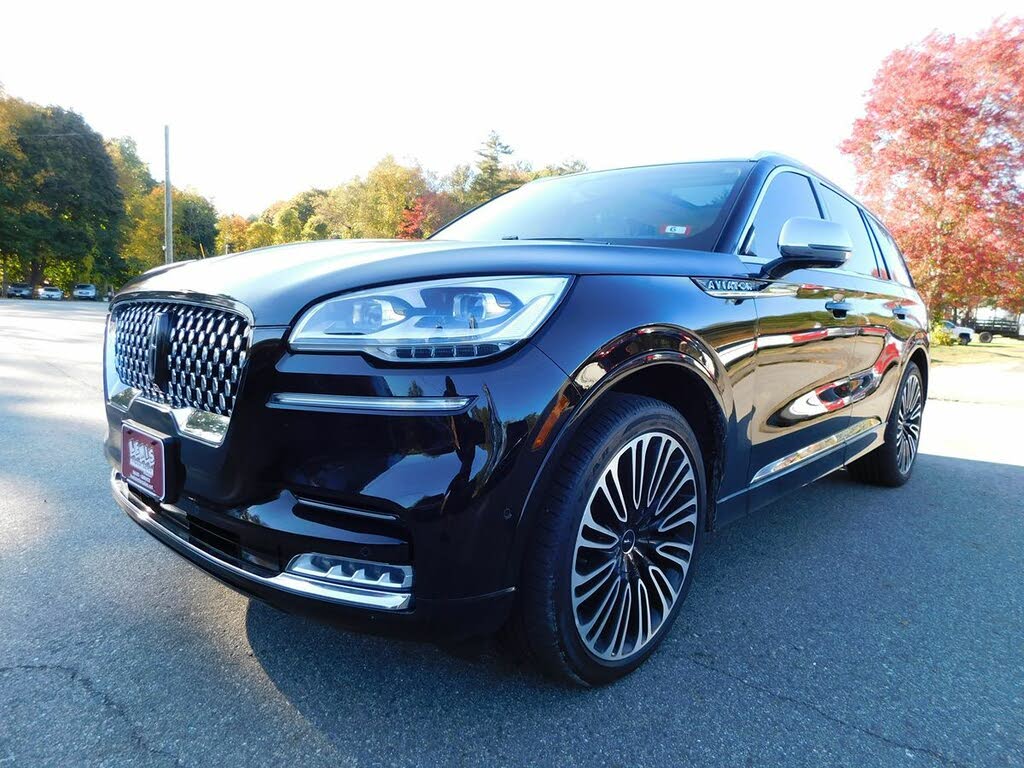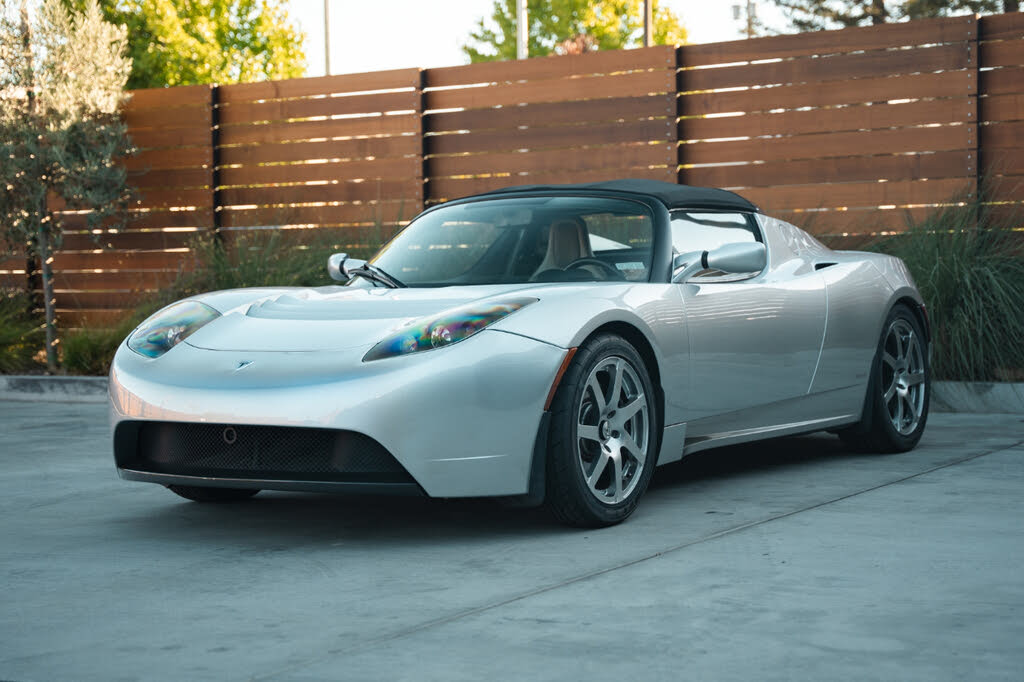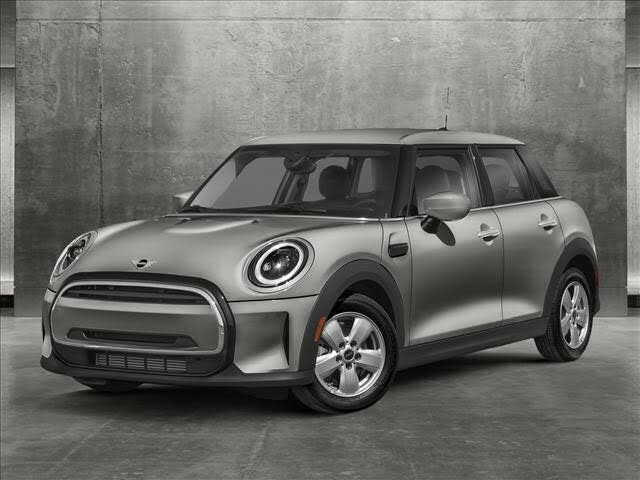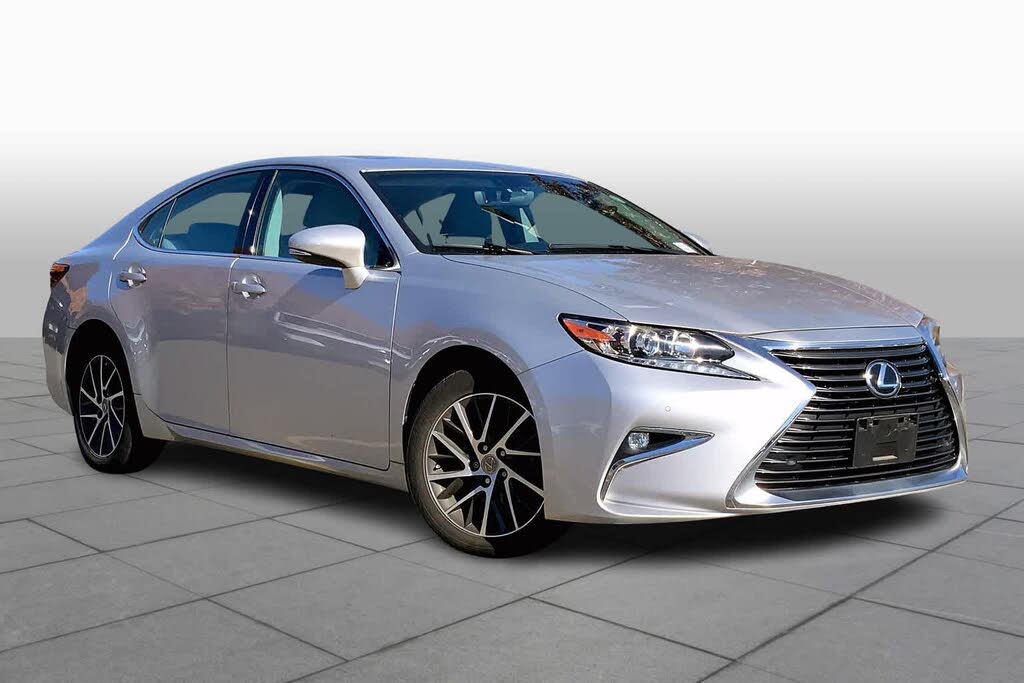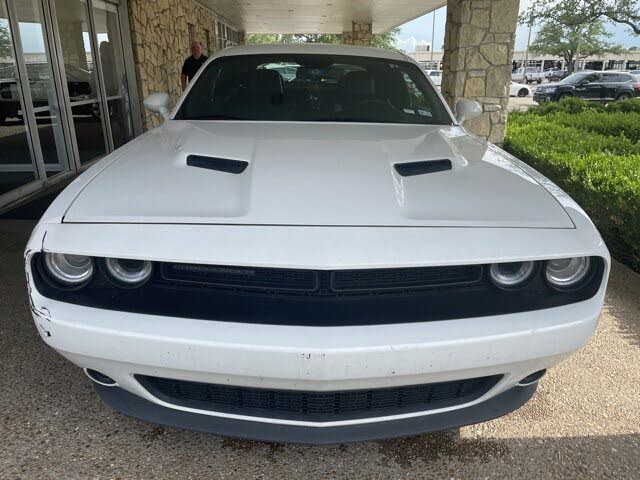Key Takeaways:
- Volkswagen confirms discontinuation of iconic Beetle model
- New-generation Jetta enters production with updated platform
- Accelerated SUV rollout planned with 4 new models by 2025
- Electric vehicle commitment: 1 million annual EV sales target
- Brand restructuring continues post-diesel emissions scandal
-
The Sunset of an Automotive Icon: Volkswagen Beetle Discontinued
Volkswagen has made the difficult decision to sunset its legendary Beetle model, marking the end of an era for one of the most recognizable vehicles in automotive history. This move comes as part of VW's broader product portfolio realignment following its costly diesel emissions scandal and subsequent corporate restructuring.
While the Beetle enjoyed strong initial sales when reintroduced in 1998, recent years have seen declining demand. Current sales figures show only about 5,400 units moved annually in the U.S. market, despite modest 25% growth for coupe models and 15% for convertibles. The discontinuation leaves Volkswagen without a convertible option in its U.S. lineup following the earlier retirement of the Eos.
Why Volkswagen is Retiring the Beetle
Several key factors contributed to this decision:
- Platform obsolescence: The Beetle's aging architecture contrasts with VW's transition to its modular MQB platform
- Market shifts: Consumer preferences have moved decisively toward SUVs and crossovers
- Cost rationalization: VW's post-scandal restructuring prioritizes high-volume, profitable segments
- Electric future: Development resources are being redirected toward EV platforms
- --TOP ADVERTISEMENT HERE--
Volkswagen's Product Roadmap: What's Coming Next
As the Beetle exits stage left, Volkswagen is aggressively pursuing new market opportunities with a focus on high-growth segments:
Sedan Strategy: The Next-Generation Jetta
While some automakers are abandoning sedans, Volkswagen remains committed to this segment with its popular Jetta model. The next-generation Jetta will feature:
- Updated MQB platform for improved handling and interior space
- New turbocharged engine options with better fuel efficiency
- Enhanced technology including digital cockpit and advanced driver aids
- Sportier design language aligning with VW's new brand direction
SUV Expansion: Four New Models by 2025
Volkswagen is making up for lost time in the booming SUV market with an ambitious rollout plan:
- Atlas Cross Sport: A five-seat performance variant of the full-size Atlas
- T-Roc: Subcompact SUV slotting below the Tiguan in global markets
- Next-gen Touareg: Luxury SUV featuring advanced tech and premium materials
- Unnamed compact SUV: New entry positioned between Tiguan and Atlas
Volkswagen's Electric Revolution: The ID. Family
Perhaps the most significant transformation in Volkswagen's product strategy is its accelerated push into electric vehicles. The company has committed to:
- Selling 1 million EVs annually by 2025
- Introducing the first ID. models in the U.S. by 2024
- Investing €35 billion in electrification and digitalization
- Developing a dedicated EV platform (MEB) for multiple vehicle classes
-
Upcoming Electric Models to Watch
Volkswagen's electric offensive will include several compelling new entries:
- ID.4: All-electric compact SUV with 300+ mile range
- ID. Buzz: Modern electric reinterpretation of the classic Microbus
- ID. Vizzion: Flagship electric sedan with autonomous capabilities
- ID. Space Vizzion: Electric wagon combining versatility and performance
Market Impact and Consumer Considerations
For current and prospective Volkswagen owners, these strategic shifts present both opportunities and considerations:
For Beetle Enthusiasts
The discontinuation may actually increase demand for well-maintained used models, particularly:
- Final edition models with unique styling cues
- Low-mileage convertibles as summer fun cars
- Special editions like the Denim or Coast models
For SUV Shoppers
Volkswagen's expanded SUV lineup offers new options for:
- Families needing three rows (Atlas)
- Urban drivers wanting maneuverability (T-Roc)
- Performance seekers (Atlas Cross Sport)
- Luxury buyers (Touareg)
- --FIRST CONTENT ADVERTISEMENT HERE--
For EV Adopters
Early adopters should consider:
- Federal and state EV tax incentives
- Charging infrastructure in their area
- Lease vs. purchase options for rapidly evolving technology
- Battery warranty coverage (typically 8 years/100,000 miles)
Volkswagen's Brand Transformation: Looking Ahead
These product changes reflect Volkswagen's broader corporate evolution from a traditional automaker to a mobility solutions provider. Key aspects of this transformation include:
- Digitalization: Enhanced connected services and over-the-air updates
- Sustainability: Carbon-neutral production targets by 2050
- Autonomous tech: Level 4 self-driving capabilities planned by 2030
- New business models: Subscription services and mobility platforms
Industry Perspective: "Volkswagen's aggressive pivot to EVs and SUVs represents one of the most dramatic transformations in the auto industry. While saying goodbye to heritage models like the Beetle is bittersweet, it's a necessary evolution to remain competitive in an era of rapid technological change." - Automotive Industry Analyst
Frequently Asked Questions
Will there ever be another Volkswagen Beetle?
While Volkswagen has officially discontinued the Beetle, industry observers note the possibility of an electric revival later this decade. The brand's ID. Buzz shows VW's willingness to reinterpret classic models with modern EV technology.
When will the new Volkswagen Jetta be available?
The next-generation Jetta is expected to arrive at dealerships following its production start. Exact timing may vary by market region.
What Volkswagen models will be electric by 2025?
Volkswagen plans electric versions across its lineup, with the ID.4, ID. Buzz, and several other ID. models leading the charge. Conventional models will increasingly feature hybrid options as transition vehicles.
How does Volkswagen's EV plan compare to other automakers?
VW's €35 billion investment and 1 million unit target place it among the most aggressive traditional automakers in electrification, comparable only to similar commitments from GM and Ford.
Conclusion: A New Chapter for Volkswagen
Volkswagen's product strategy reflects the difficult choices facing legacy automakers in an era of disruption. While enthusiasts may mourn the Beetle's departure, the company's focused investment in SUVs and electric vehicles positions it for long-term competitiveness. The coming years will reveal whether this bold transformation can maintain Volkswagen's heritage while securing its future in an evolving automotive landscape.
--SECOND CONTENT ADVERTISEMENT HERE--
